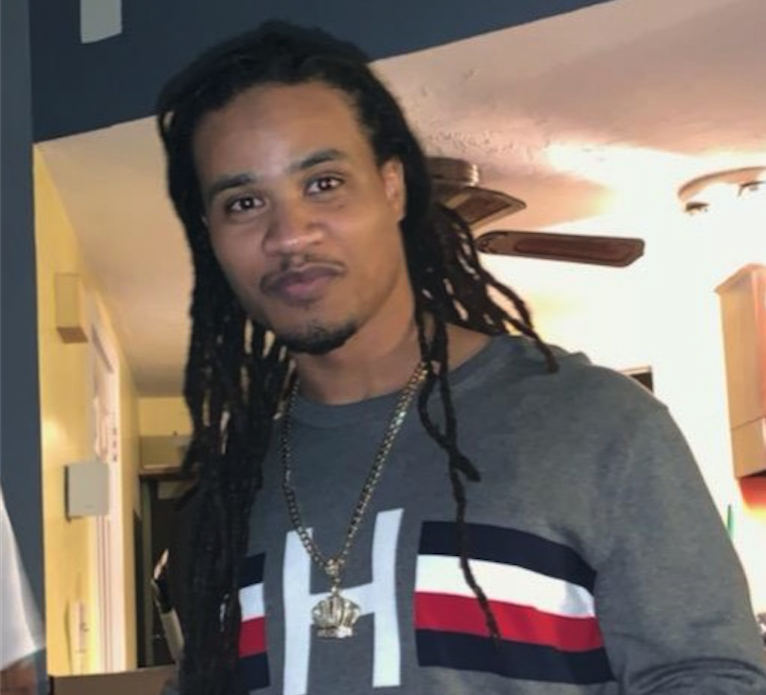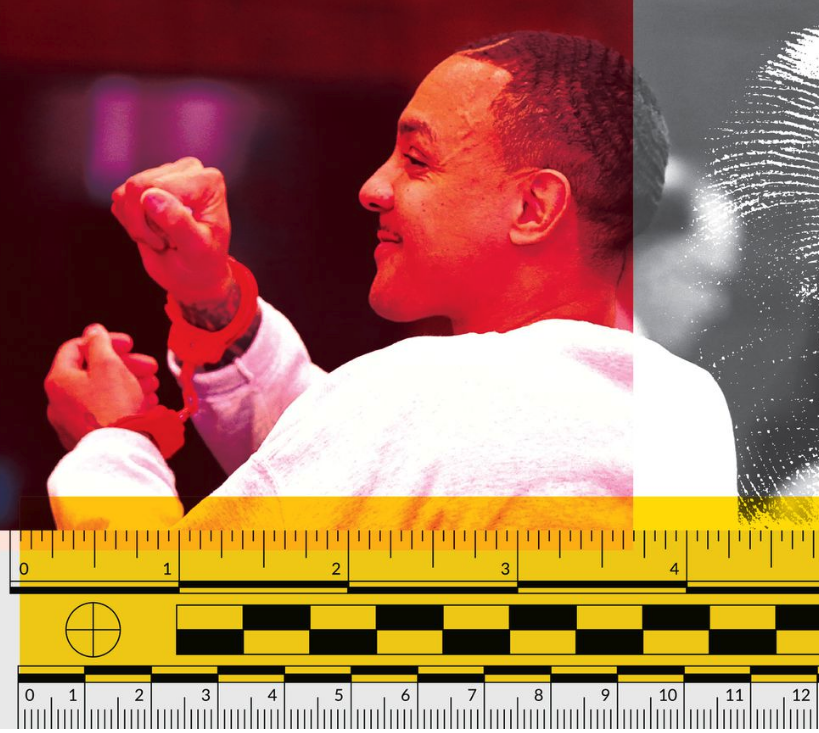Learn About Wrongful Convictions
We’ve created the below list of resources so you can learn more about the real-life impact wrongful convictions have on individuals, their families, and our communities, as well as what can be done to prevent these devastating tragedies from happening in the future.
Read, Listen, Watch, Share:
“Trial 4,” Netflix
Trial 4, an eight-part Netflix Original docuseries, tells the story of Sean Ellis’s wrongful conviction for the murder of a Boston Police Officer. Sean was just 19 years old when he was arrested. It was only after three trials that Sean was convicted, but the evidence used against him was unreliable. Sean spent 22 years in prison for a crime he did not commit, working with his lawyer Rosemary Scapicchio to expose the police corruption, systemic racism, official misconduct, and faulty forensics that led to his wrongful conviction. In 2018, Sean was exonerated. You can learn more and leave a note of support for Sean here.
New England Innocence Project YouTube Channel
Hear powerful stories about hope, loss, community, and resilience from innocent people who were wrongfully convicted of a crime they didn't commit, and learn how you can help fight for their freedom and advocate for change through our YouTube channel video library.
Bear Brook Season 2: A True Crime Story (Podcast)
Arrested at 19 years old, our client Jason Carroll has been in prison for over 30 years for the murder of Sharon Johnson in Bedford, New Hampshire, a murder he did not commit. Season Two of NHPR’s Jason Moon’s podcast, delves into the case and how a false confession, a story Jason provided under emotional duress, led to his wrongful conviction.
Exoneree Keyon Sprinkle's story, National Registry of Exonerations
One of NEIP’s very first cases, Keyon Sprinkle was exonerated in May 2020 after spending 20 years in prison for a murder he did not commit. Credible new evidence that two other individuals committed the crime led the court to conclude that “justice was not done” in this case and he was able to return to his loved ones as a free man.
Exoneree Gary Ciffizari’s story, New England Innocence Project
Gary Ciffizari’s story, National Registry of Exonerations
Gary Ciffizari was wrongfully convicted of a 1979 murder based soley on flawed bitemark comparison testimony, which the scientific community has since condemned as lacking any scientific basis. He spent 35 years in prison before being exonerated in December 2019 using DNA testing, which not only affirmed his innocence, but identified the true perpetrator of the crime.
“Pseudoscience goes on trial: Yesterday’s ‘science’ and today’s exonerations cry out for a serious look at what evidence jurors should hear and see.”
Rachelle Cohen, The Boston Globe, May 31, 2020
“Junk science allowed into evidence means the possibility of wrongful convictions. That means states are faced with a two-fold challenge — keeping out such evidence going forward and in many cases looking back to undo the harm already done.”
Exoneree Dennis Maher’s story, National Registry of Exonerations
Dennis Maher served 19 years in prison for crimes he did not commit, due to mistaken eyewitness identification, before DNA testing affirmed his innocence and led to his exoneration in 2003.
The “Mass Exoneration” podcast
This podcast features powerful wrongful convictions stories from residents of Massachusetts who were convicted of crimes they did not commit — and what happened next, to them, and to the people they had to leave behind.
“The Innocence Files,” Netflix
Hear real stories of wrongful convictions, including missteps and deceit, exposing the injustice inflicted on victims and the accused.
“When They See Us,” Netflix
Five teens from Harlem become trapped in a nightmare when they’re falsely accused of a brutal attack in Central Park. Based on the true story.
“Just Mercy,” Amazon Prime + HBO Max
After graduating from Harvard, Bryan Stevenson heads to Alabama to defend those wrongly condemned or those not afforded proper representation. One of his first cases is that of Walter McMillian, who is sentenced to die in 1987 for the murder of an 18-year-old girl, despite evidence proving his innocence. In the years that follow, Stevenson encounters racism and legal and political maneuverings as he tirelessly fights for McMillian's life. Based on a true story and bestselling book, “Just Mercy.”











